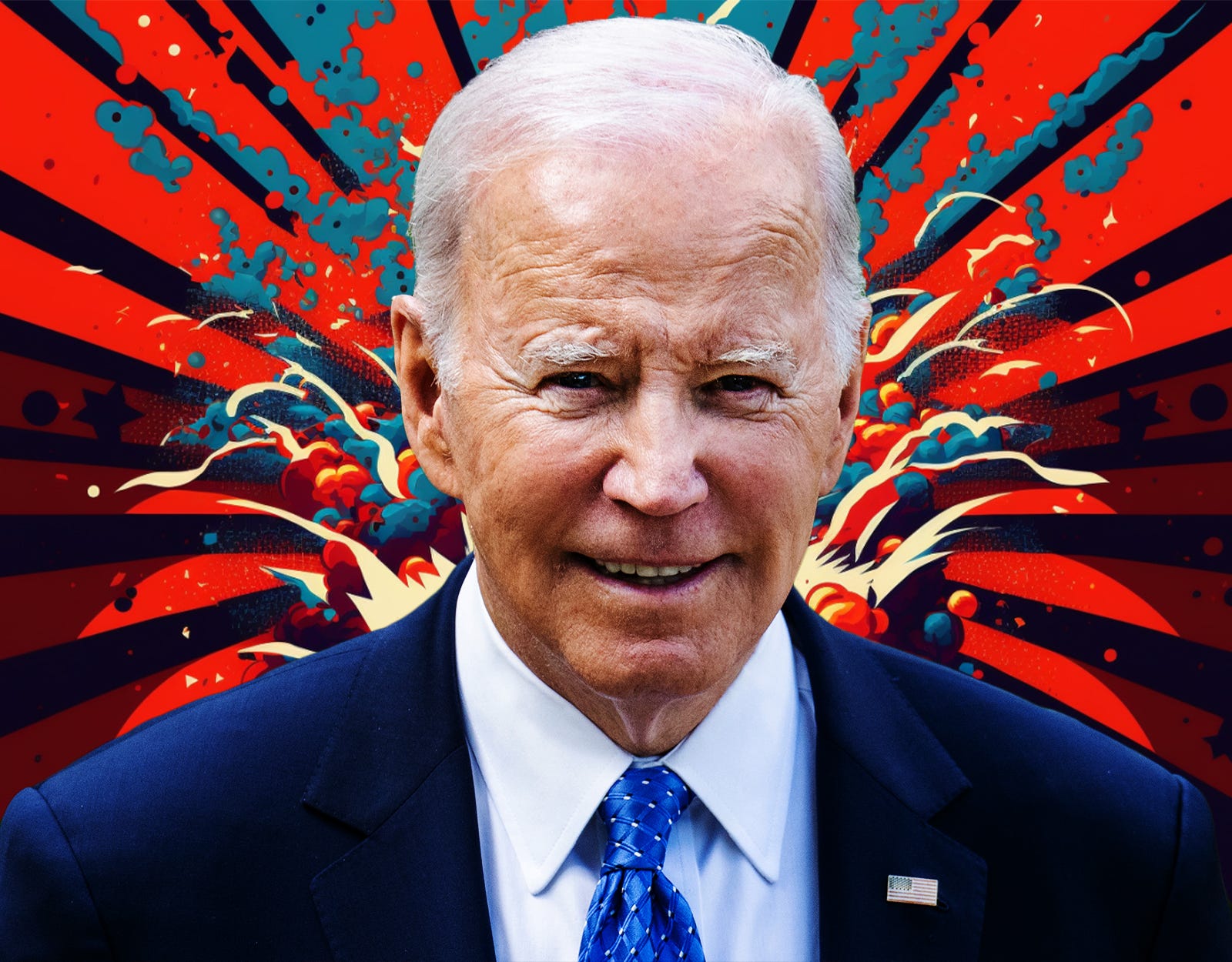The US House of Representatives failed to reverse President Joe Biden’s veto on a crypto measure aimed at negating a contentious SEC rule, spotlighting the ongoing debate surrounding how to regulate the rapidly evolving digital asset landscape.
The Core of the Controversy: SAB 121
The controversy revolves around the Securities and Exchange Commission’s Staff Accounting Bulletin 121 (SAB 121), which mandates public companies to disclose information about managing and risks associated with safeguarding consumer crypto assets. Critics argue that it introduces unnecessary operational challenges and could stifle innovation in the crypto industry, while proponents argue it is crucial for investor protection.

Today’s vote in the House to override the President’s veto of the SAB 121 CRA demonstrated bipartisan support but ultimately fell short of the required 2/3 majority.
The following statement is attributed to @BlockchainAssn CEO @KMSmithDC: pic.twitter.com/NSPOni57Sd
— Blockchain Association (@BlockchainAssn) July 11, 2024
The House vote of 228–184 fell short of the two-thirds majority needed to override the President’s veto. Notably, twenty-one Democrats crossed party lines to join Republicans in an attempt to overturn SAB 121, highlighting the bipartisan nature of the issue.
Regulatory Landscape Remains Unchanged
If the veto stands, SAB 121 will remain in effect, maintaining the current regulatory framework for custody and disclosure of bitcoin. This outcome underscores the challenges in obtaining regulatory relief for the crypto industry even with bipartisan support for reform.
The vote underscores the Biden administration’s prioritization of financial stability and investor protection in crypto regulation, aligning with SEC Chair Gary Gensler’s focus on integrating cryptocurrencies within existing legal frameworks.
Looking Ahead: Evolution of Crypto Regulation
With this parliamentary struggle behind, attention turns towards potential future steps. The crypto industry and its congressional allies may explore alternative avenues to address their concerns, whether through new legislation or continued advocacy with regulatory bodies.
The outcome of the vote suggests that significant changes to bitcoin regulation could face obstacles despite growing industry interest and investment. It highlights the intricate interplay between political processes, financial oversight, and technological advancement in the US.
The debate over appropriate regulation is likely to persist as the bitcoin market evolves. Policymakers and regulators will grapple with balancing innovation and investor protection in the years ahead.
Featured image from The Bulwark, chart from TradingView




